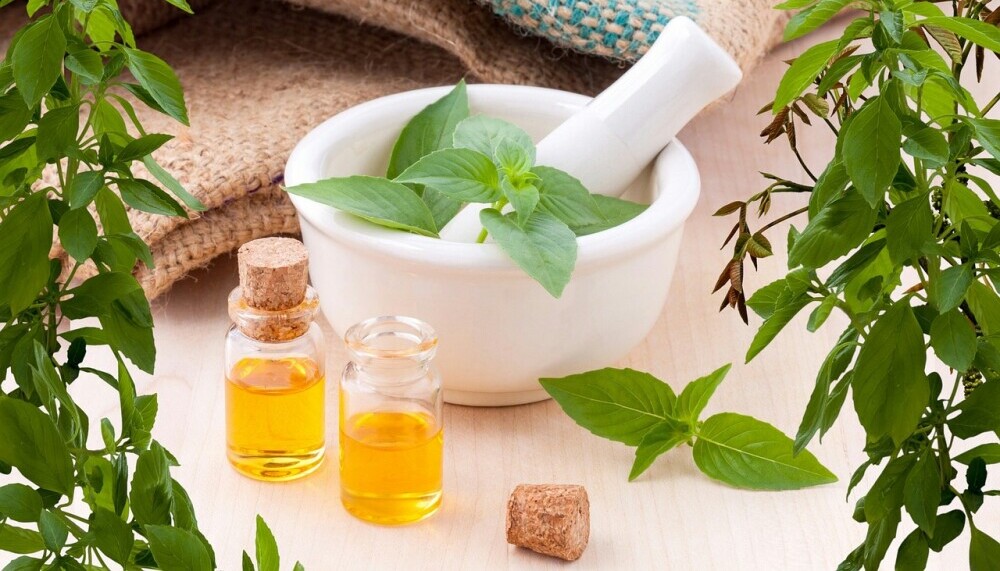
Herbal tinctures may sound fancy, but at their core, they are simply extracts of plant material, usually using alcohol as a solvent. This convenient method has been around for ages, preserving the essence of herbs in a potent liquid form. With just a few drops, you can harness the power of nature in a small bottle.
To make a tincture, herbs are soaked in alcohol, sometimes water, for weeks. This process draws out all the beneficial compounds, including vitamins, minerals, and flavors. Don’t worry if this sounds like chemistry class – it’s actually pretty straightforward and something you can do in your own kitchen with the right tools and guidance.
Culturally and historically, tinctures have played an important role in traditional medical practices around the world. From the ancient Greeks to Native American tribes, these liquid extracts have been used to treat everything from upset stomachs to headaches, serving as a natural remedy when pills and tablets did not exist.
Tinctures are making a comeback due to a growing interest in holistic health and natural wellness. Understanding their roots helps to understand why they remain relevant today for those seeking alternative health solutions.
Health benefits of herbal tinctures: Fact or Fiction?
Envestigating whether tinctures are healthy for you involves a bit of science and a dose of history. Many people believe in their health-promoting powers, in part because they’re packed with concentrated plant goodness.
Scientific studies have lined up to investigate these claims, and there’s some juicy evidence to chew on. Tinctures often credited with relieving anxiety, aiding digestion, and even boosting the immune system make it seem like there’s some truth to the benefits advocates rave about.
For example, echinacea, popular in tincture form, has been studied for its potential effect on cold and flu symptoms. Reports suggest that regular use may shorten the duration of your cold, but results can vary.
St. John’s wort tincture is another commonly discussed option. People use it for mood support, and while some research supports its effectiveness, it’s important to note that it can interfere with medications, so it’s important to determine your personal dosage.
While tinctures offer a natural alternative, they’re not a miracle cure. Combined with a balanced diet and healthy lifestyle, they can certainly complement your health regimen if you know what you’re aiming for.
Choosing your herbal allies: What is the best herb to take for health?
When it comes to choosing the best herb for your health in tincture form, it’s like shopping for the perfect pair of shoes – it all depends on what you need. Peppermint, for example, is great for stomach upsets and a refreshing boost of energy. If you’re looking for relaxation and a better night’s sleep, valerian root might be right up your alley.
For those looking to boost overall well-being, adaptogenic herbs like ashwagandha and ginseng hold a treasured place. These herbs are said to help the body deal with stress and calm down, balancing things like cortisol levels and promoting calmness. It’s all about finding what resonates with your lifestyle and health goals.
Mixing herbs in a tincture can also be like hitting the jackpot, enhancing benefits and supporting different body functions. With the right combination, such as a stress-busting blend or an immune-boosting powerhouse, you can address multiple issues at once.
Before creating or selecting a tincture, consider your unique situation. Maybe you’re an athlete looking for muscle support-turmeric might be the herb for you. Or maybe you’re looking to nourish your skin, in which case marigold might be more appropriate. Map out what is most important to you and choose herbs that align with those priorities.
Always take a minute to check for potential herb-drug interactions and any allergies or sensitivities you may have. Consultation with an herbalist or health professional can guide you to the right herbal allies for your tincture adventure.
Incorporating herbal tinctures into your daily life: Can you take tinctures every day?
Using tinctures daily can be a simple routine addition, but it’s important to know the basics of doing it right. The golden rule with tinctures is moderation and tailoring the amount to your individual needs and the specific herbs you’re working with.
Most tinctures are quite concentrated, so a few drops can go a long way, usually in a drink or directly under your tongue if you’re so inclined. It is wise to start small to see how your body responds, and then you can adjust from there based on how you feel and what your goals are.
Taking tinctures daily is generally safe for most, but all good things come with common sense safety tips. Know that herbs can interact with medications or have side effects, especially when entering new herbal territory. A quick chat with a doctor is often a good idea to make sure you’re on the safe side.
Establishing a routine for taking herbs can start with choosing the right time of day: morning tinctures for a boost or evening options for winding down. Pairing with meals can also help with absorption and digestion on the go.
Herbal tinctures can be part of a balanced lifestyle, but they shouldn’t replace other healthy habits like eating well and exercising. Instead, think of them as a trusted companion in your quest for wellness. Approaching them with curiosity and respect for their power is the key to unlocking their benefits while keeping your health in check.
